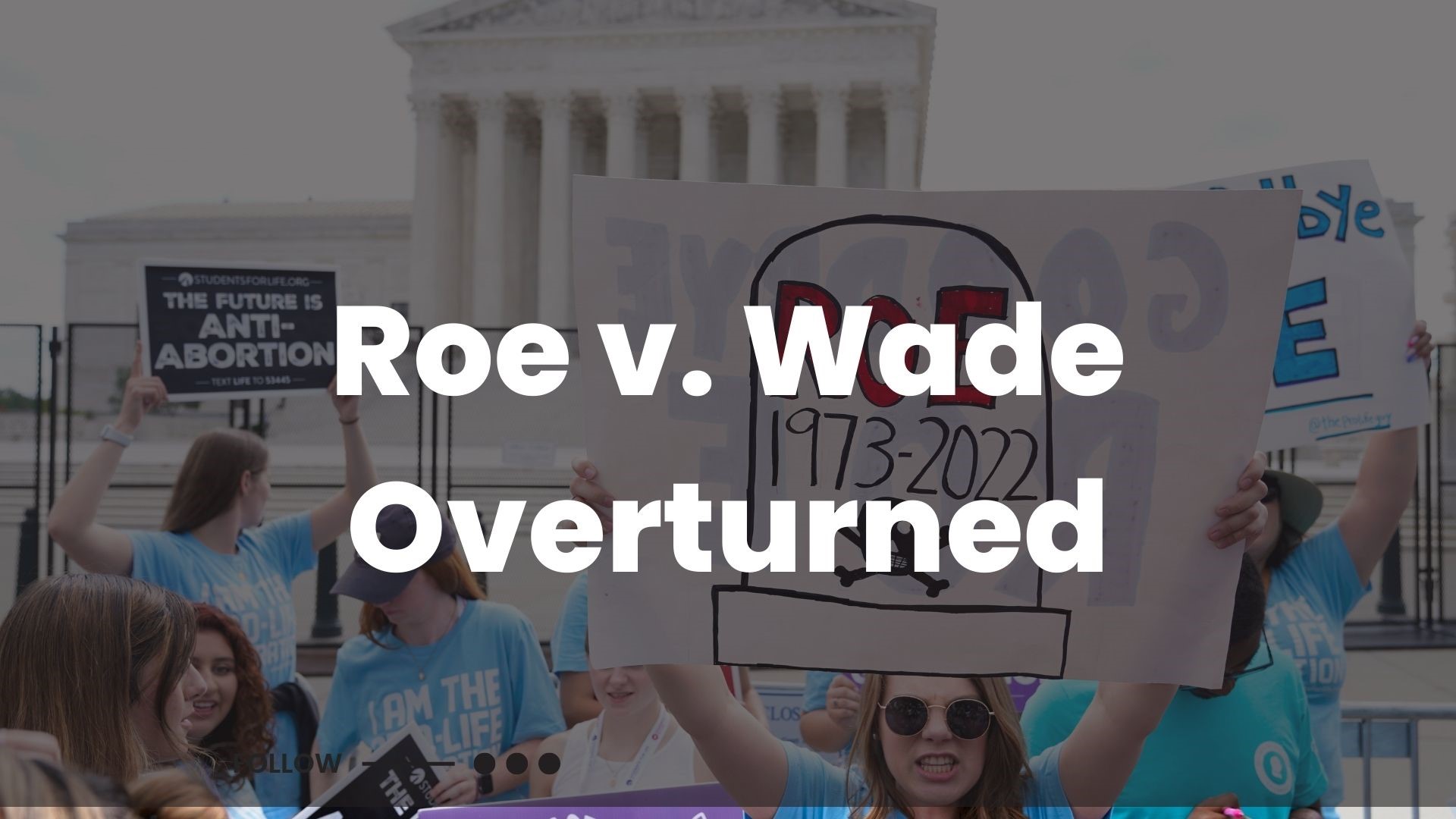COLUMBIA, S.C. — South Carolina officials are already taking action to implement changes to the state's abortion laws in the wake of the U.S. Supreme Court's landmark decision to overturn Roe v. Wade.
The 6-3 decision handed down Friday, June 24, means there is no federal right to an abortion, leaving the decision up to the states.
Presently, South Carolina doesn't allow the procedure after 20 weeks of pregnancy. However, in 2021 the state legislature passed what's known as the fetal heartbeat bill, which was quickly signed by South Carolina Gov. Henry McMaster. That measure restricts abortion at just six weeks which is before most women are aware they're pregnant. The bill was stayed by the Fourth Circuit.
Within moments of hearing of the decision, which was a ruling on Dobbs v. Jackson Women's Health Organization, Governor Henry McMaster issued a statement saying "By the end of the day, we will file motions so that the Fetal Heartbeat Act will go into effect in South Carolina and immediately begin working with members of the General Assembly to determine the best solution for protecting the lives of unborn South Carolinians."
When asked if McMaster would call for a special session of the Legislature, the governor's spokesman Brian Symmes said, "Whether the general assembly comes back for special session is up to the Speaker of the House and President of the Senate. However, Governor McMaster fully expects that they will decide to hold a special session this year."
South Carolina Attorney General Alan Wilson has already filed a motion with the Fourth Circuit to have the stay lifted on the fetal heartbeat law.
Dobbs v. Jackson was about the 2018 Mississippi state law that banned most abortion operations after the first 15 weeks of pregnancy. Preliminary injunctions in the lower courts, based on a ruling in another case (Planned Parenthood v. Casey) prevented enforcement of the law. Planned Parenthood v. Casey prevented states from banning abortion before fetal viability, within the first 24 weeks of pregnancy, on the basis a woman's decision to have an abortion was covered under the 14th Amendment's protected rights of privacy.

